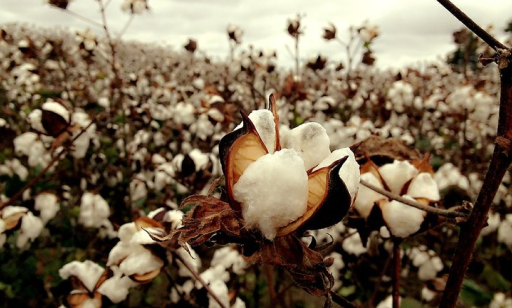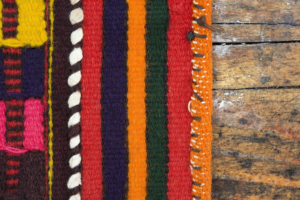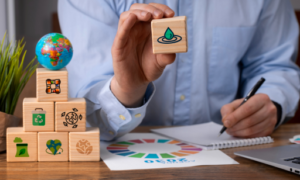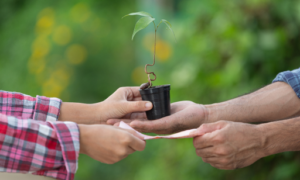Feature Industry : Textiles
Discover the future of textiles, as we take a deep dive in what sustainable materials and ethical practices are redefining the industry’s standards for quality and responsibility.
- toqqaglobal
- September 10, 2024
- 9:48 am


Transforming the Textile Industry with Sustainability focused practices and good governance:
We talk a lot about what companies need to be doing to transition their businesses towards ESG and sustainability practices. In this Blog series, we provide some tangible examples of what it means to be ESG in different industries, providing real case studies our community can leverage in their own businesses and supported and enabled by TOQQA Cross Trade. In this scenario the company is called EcoFab.
 Environmental Initiatives (E):
Environmental Initiatives (E):
- Sustainable Materials: EcoFab Textiles primarily uses organic and recycled materials for fabric production. This reduces the environmental impact associated with conventional fabric production.
Water Management: The company employs innovative water management techniques, including water recycling and reduced water consumption in the dyeing and finishing processes.
Renewable Energy: The manufacturing facilities are powered by renewable energy sources, such as solar panels and wind turbines, to reduce carbon emissions.
Minimal Waste: EcoFab Textiles minimizes waste by reusing and recycling materials during the manufacturing process and sending minimal waste to landfills.
Eco-Friendly Dyeing: The dyes used in fabric production are non-toxic and eco-friendly, reducing harmful chemical discharge.

 Social Initiatives (S):
Social Initiatives (S):
- Fair Labor Practices: The company ensures that all employees in its supply chain are paid fair wages and work in safe and ethical conditions.
- Local Sourcing: EcoFab Textiles actively sources materials and production from regions with strong sustainability and ethical practices, supporting local communities and employment.
- Inclusivity: The workforce is diverse, with equal opportunities for employees of all backgrounds, promoting inclusivity and diversity within the organization.
- Community Engagement: The company supports local communities by investing in educational and social development projects, contributing to social well-being.
 Governance (G) Initiatives:
Governance (G) Initiatives:
- Transparency: EcoFab Textiles is transparent about its sourcing and manufacturing processes, allowing customers to trace the origin of materials and production methods.
- Ethical Governance: The company follows ethical governance standards, with a strong commitment to compliance and responsible business practices.
- Compliance and Certification: The manufacturer adheres to various international environmental and social standards and holds certifications such as OEKO-TEX Standard 100 and GOTS (Global Organic Textile Standard).
- Supply Chain Responsibility: The company conducts regular audits of its suppliers to ensure they meet ethical and environmental standards.

Additional ESG Considerations:
Recycling and Upcycling: EcoFab Textiles offers recycling and upcycling programs to reduce fabric waste and encourage responsible disposal.
Product Longevity: The fabrics produced are designed for durability and long-lasting use, reducing the need for frequent replacements.
Educational Initiatives: The company educates its customers about the importance of sustainable and ethical fabric choices, promoting awareness and responsible consumer behavior.
Charitable Giving: A portion of the proceeds from fabric sales is donated to charitable initiatives, such as supporting reforestation efforts or community development projects.
EcoFab Textiles serves as an example of an ESG compliant fabric manufacturer by incorporating sustainability, social responsibility, and ethical governance into its core business operations. Such companies are increasingly sought after by consumers who prioritize environmentally and socially responsible fabric choices.
Copyright © 2024 TOQQA Cross Trade. All Rights Reserved.


